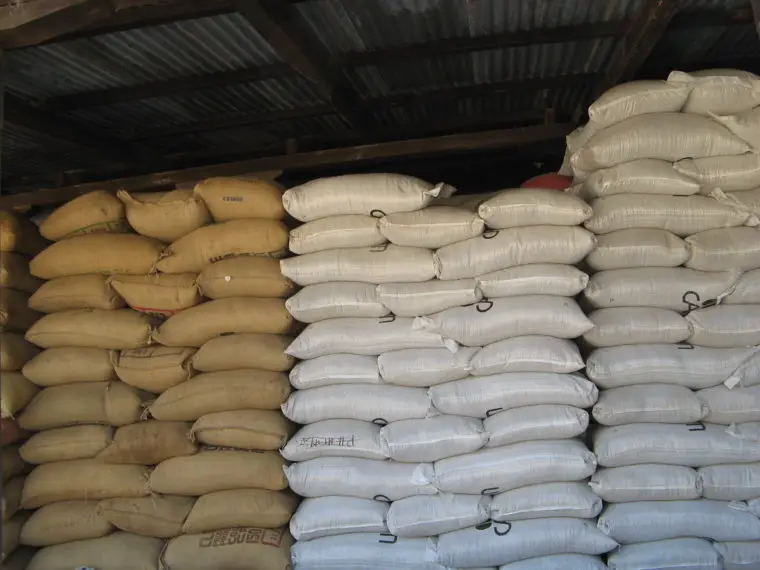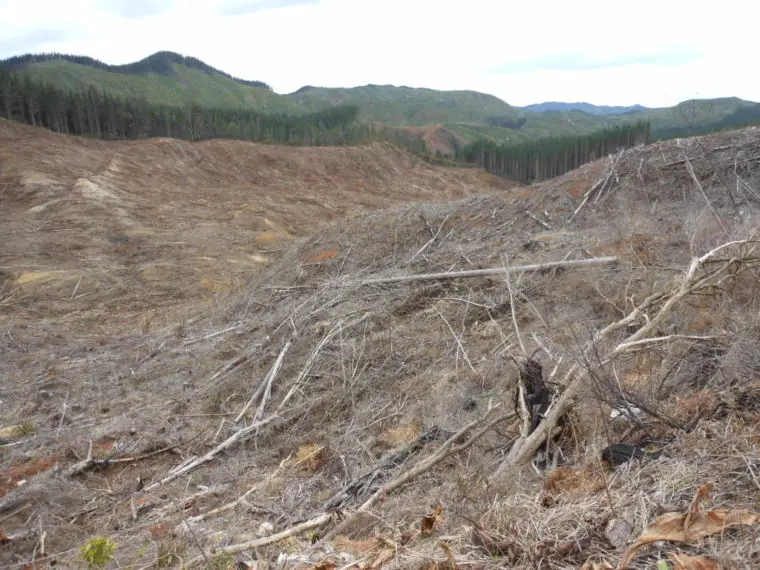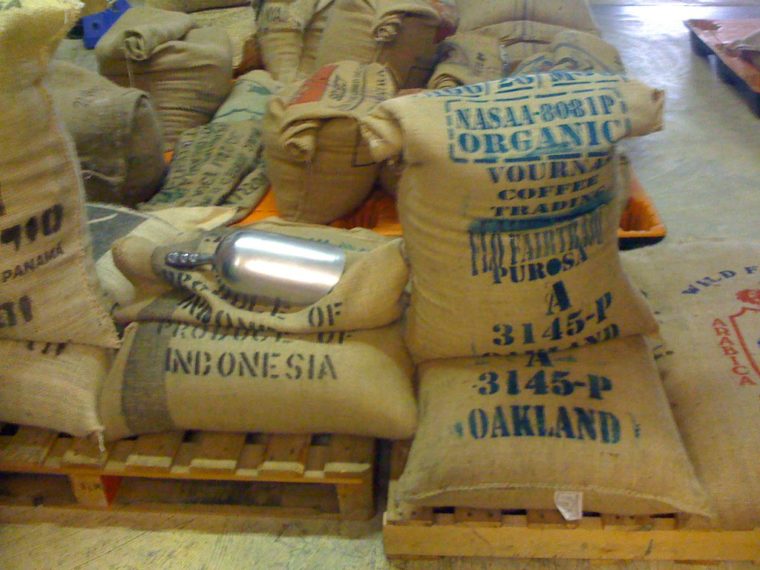Ancient Origins of Coffee
Coffee has been around for centuries and has been enjoyed by people around the world. It is believed that coffee was first discovered in Ethiopia in the 9th Century, when a goat herder noticed his goats becoming energized after eating the berries of a coffee shrub. This discovery eventually led to the cultivation of coffee and its spread to the Middle East.
The earliest documented use of coffee dates back to the 15th century in the Sufi monasteries of Yemen. From Yemen, coffee spread to the rest of the Middle East and then to Europe, where it quickly became popular among the elite. By the 17th century, coffee was being consumed in cafes in Europe, and coffee houses were becoming popular social gathering places.
How Coffee Spreading Across the Globe
Coffee quickly spread across the globe, with the Dutch East India Company introducing it to the Dutch East Indies (now Indonesia) in the 17th century. From there, coffee spread to the rest of Asia and then to the Americas. Coffee was introduced to the Americas in the 18th century, and it quickly became popular in the United States. By the 19th century, coffee had become a widely consumed beverage in the U.S. and around the world.

Coffee’s Impact on Society
Coffee has had a significant impact on society since its introduction.
It has been a source of inspiration and creativity, helping to fuel the Enlightenment and the Industrial Revolution.
Coffee has also been a source of social interaction, with coffee houses and cafes serving as places where people can gather to socialize, debate and exchange ideas.
The Dark Side of Coffee
Despite its many positive impacts on society, coffee has a dark side.
Coffee production has been linked to exploitation of workers, with workers in many countries being paid very low wages and having to work in unsafe conditions.
Additionally, the production of coffee can have a negative impact on the environment, with deforestation, water pollution and soil erosion being common issues.

The Rise of Fair Trade Coffee
In recent years, there has been a growing movement towards fair trade coffee, which seeks to ensure that coffee farmers and workers are paid a fair wage and are able to work in safe conditions. Additionally, many coffee companies are now taking steps to reduce their environmental impact, such as using sustainable farming practices and composting coffee grounds.

Conclusion
Coffee has had an incredible impact on the world since its discovery centuries ago. It has been a source of inspiration and creativity, a social gathering place and a source of livelihood for many people around the world. However, it has also been linked to exploitation and environmental degradation. Fortunately, there is a growing movement towards fair trade coffee, which seeks to ensure that coffee farmers and workers are treated fairly and that the production of coffee is done in a way that is sustainable for the environment.

I am a fun fact enthusiast and creator of Facts On Tap.
I love to share my knowledge and curiosity with readers and inspire them to learn something new every day.
When I’m not writing, I enjoy traveling, reading, and playing trivia games with my friends.




